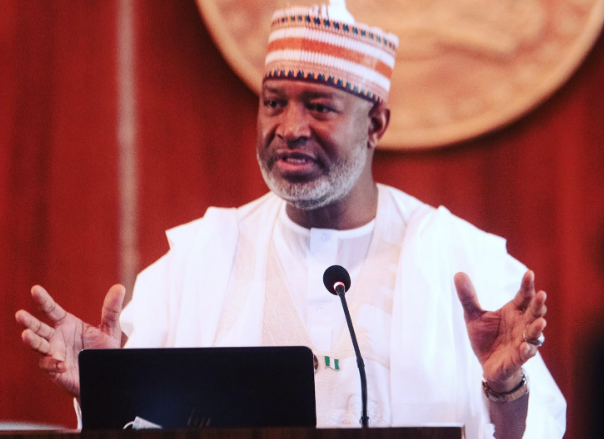The ministry of health and the World Health Organisation (WHO) have inaugurated the first batch of core responders who will attend to emergencies within the first 24 to 48 hours of their occurrence.
The core responders were trained under the Strengthening and Utilising Response Groups for Emergencies (SURGE) initiative with the pilot states being Abia, Yobe, Kano, Lagos, Edo and the Federal Capital Territory.
At the graduation ceremony of the 82 responders in Abuja, on Friday, Osagie Ehanire, minister of health, said there are public health emergencies that are already running quietly in the country.
According to NAN, the minister added that the ministry’s mandate goes beyond public health emergencies.
Advertisement
“We are losing up to 50,000 women every year in childbirth and that is a huge emergency. We are losing over 900,000 children every year,” Ehanire said.
“According to reports, we have 6,000 people killed in road traffic accidents every year and 17,000 from accidents who are maimed, permanently disabled every year. All of these are serious emergencies.”
He said the SURGE initiative promotes the availability of equipment, and well-equipped teams with everything streamlined to respond to emergencies within the specified time frame.
Advertisement
The minister said they would also fully align with the concept of a resilient and sustainable health system for improved health outcomes and Universal Health Coverage.
Walter Molumbo, the WHO country representative in Nigeria, said the organisation is committed to strengthening regional and sub-national capacity to prepare and respond to public health emergencies in an increasingly globalised, unionised, and connected world.
“The SURGE programme identified five countries among which Nigeria is being chosen and in Nigeria, we have six states that have been selected to kick-start this process,” he said.
“We will be able to scale up the SURGE in the six pilot states but also go beyond to make sure that the entire country benefits from this initiative.
Advertisement
“It is our hope that the country will truly build on this to make sure that we put in place the capacities that are truly needed to respond to a future outbreak.”
Add a comment






